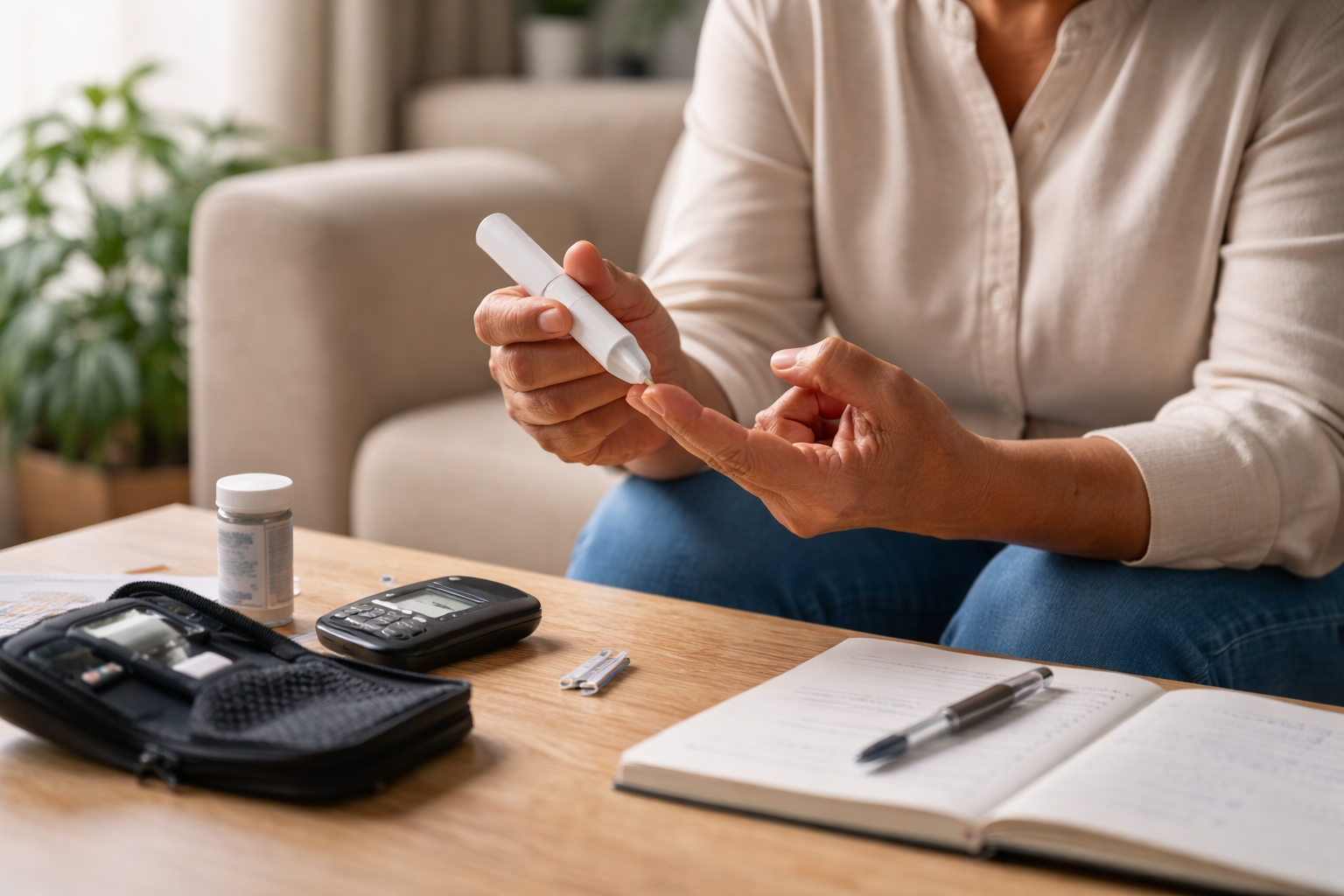Ever wondered why a “light snack” often turns into a full meal? You’re not alone. Overeating happens to almost everyone, and the surprising part is—you don’t need a strict diet plan to fix it. With a few simple changes, you can naturally eat less and feel more in control.
Why We Tend to Overeat
Most of us don’t eat just because we’re hungry. Sometimes it’s stress, sometimes boredom, and sometimes just habit. Late-night Netflix with a bowl of chips? Classic example. Once you spot these triggers, managing overeating becomes a lot easier.
👉 Related: Simple weight loss tips you can try today.
Easy Ways to Control Overeating
1. Eat Slower
Take your time. Your brain needs about 15–20 minutes to register fullness. When you eat too quickly, you’re already full but still reaching for food.
2. Don’t Skip Meals
Skipping breakfast or lunch usually backfires. By evening, the hunger is so strong that portion control goes out the window. Balanced meals at the right time keep your appetite stable.
3. Rethink Your Portions
Try smaller plates, or portion food before sitting down. Instead of eating straight from the packet, serve yourself a fixed amount. You’ll be surprised how this one trick helps.
4. Check if It’s Real Hunger
Next time you want a snack, pause for 30 seconds. Ask yourself: Am I actually hungry or just restless? If it’s the second one, drink water or go for a quick walk.
5. Make Healthier Options Easy
We often eat what’s in front of us. Keep fruits, yogurt, or nuts visible and put packaged snacks a little out of reach. It’s a small environment change with a big effect.
What Experts Say
Health coaches often agree on one point: diets aren’t the answer. Mindful eating is. Paying attention to food, chewing slowly, and cutting distractions during meals helps more than counting calories.
Why This Matters
Overeating doesn’t just add extra weight. It also impacts sleep, mood, and digestion. By building small habits, you save yourself from that sluggish, guilty feeling after meals.
What’s Next
Pick one habit today—maybe eating slower at dinner—and practice it. Once it sticks, add another. These tiny changes stack up over time.
👉 You may also like: Healthy lifestyle habits for long-term weight loss.
Final Thoughts
Learning how to stop overeating without dieting isn’t about cutting food—it’s about eating with awareness. When you respect hunger signals and make small, smart swaps, you’ll enjoy meals more and eat less without even trying.



